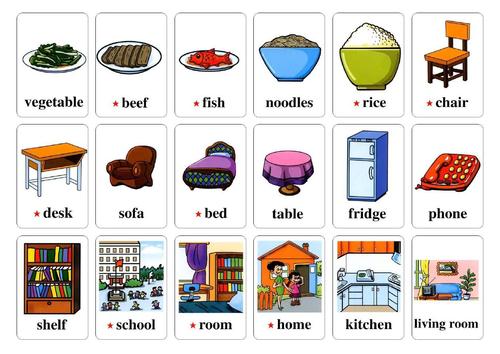The mystical-sounding acceptance prophecy is simply this: when we think other people are going to like us, we behave more warmly towards them and consequently they like us more. When we think other people arent going to like us, we behave more coldly and they dont like us as much.
Its a self-fulfilling prophecy because if we predict acceptance we get it, if not we dont. Its also an intuitively appealing explanation for how people come to like (or dislike) each other. But the question for psychologists is whether it is really true or just a neat fairy story.
The waters are, of course, muddied by all the usual individual and cultural differencessome people care more about others acceptance and some people are naturally more acceptingbut lets set those aside for a moment and just imagine two people who are identical except that one expects others to accept her and one expects others to reject her.
What the research has found, according to a new paper just published in Personality and Social Psychology Bulletin, is that one part of the acceptance prophecy has strong evidence to support it, while the other part does not. Until now.
The first part, in a model put forward by Dr Danu Anthony Stinson at the University of Waterloo and colleagues, is that the interpersonal warmth people project predicts how much others like them (Stinson et al., 2009). For psychologists this is uncontroversial; people take better to others who are genuinely warm with accurate judgements about their warmth made in only 30 seconds (Ambady et al., 2000).
Pleased to meet you
What has proved more controversial is whether anticipating acceptance really does increase the interpersonal warmth that people project towards others. Its this question that Stinson et al. (2009) set out to test by manipulated peoples expectations about a person they were about to meet for the first time.
They told 14 of 28 men recruited for their study that the attractive woman they were going to meet was nervous and worried about how she would be perceived by them. Quite naturally when these men found that the woman was nervous and insecure it made them feel better in comparison. This had the effect of making the men much less anxious about the interaction (actually about half as nervous as judged by independent observers) and consequently much warmer.
In comparison the other 14 sweaty-palmed participants were only given basic demographic information about the woman they were going to talk to, nothing that would calm their fears of rejection. This manipulation created two groups, then, one that was anticipating acceptance more than the other.
What the results showed was that when the risk of rejection was lower, men acted more warmly towards the woman to whom they were talking. This extra warmth also lead to a panel of observers liking them more in comparison with those who were more fearful of risk and therefore interpersonally colder.
So this provides evidence that the acceptance prophecy holds true. In this experiment people who expected to be accepted did act more warmly towards a stranger and consequently they were perceived as more likeable.
Social optimist or pessimist 更多信息请访问:http://www.24en.com/
There was an exception, though, to the results of this study. One sub-group were not affected by the experimental manipulation to increase how much they expected to be accepted. Thats because they already expected to be accepted. These are the social optimists (or at least people who think rather a lot of themselves!).
Social optimists, of course, are in the happy position of expecting to be accepted and finding that, generally speaking, they are. Social pessimists, though, face the dark side of what sociologist Robert K. Mertonwho coined the expression self-fulfilling prophecyhas called a reign of error. Expectation of rejection leads to the projection of colder, more defensive behaviour towards others, and this leads to actual rejection. Uh-huh, mutters the social pessimist, I knew they wouldnt like me.
And so it goes.



